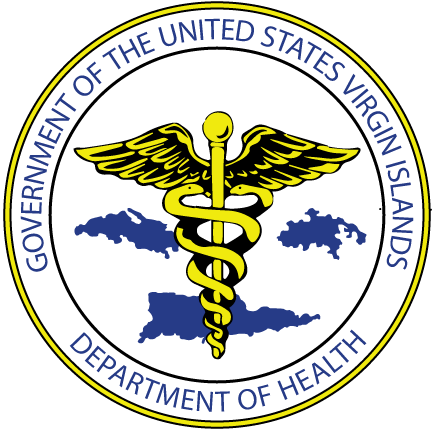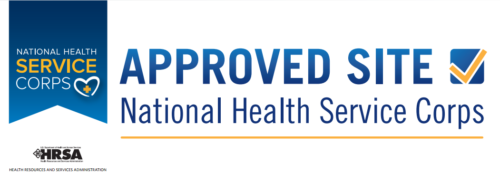U.S. VIRGIN ISLANDS – The Food and Drug Administration (FDA) has issued a public notification on S.W.A.G., advising consumers against purchasing the sexual enhancement product sold across various website and in some retail stores.
The VI Department of Health is also advising the public not to use this product.
According to the FDA, S.W.A.G. contains sildenafil, the active ingredient in the FDA-approved prescription drug Viagra, used to treat erectile dysfunction. This undeclared ingredient may interact with nitrates found in some prescription drugs such as nitroglycerin and may lower blood pressure to dangerous levels. Men with diabetes, high blood pressure, high cholesterol, or heart disease often take nitrates.

In its public notification, the FDA strongly advises consumers to stop using this product immediately and throw it away, and to consult a healthcare provider as soon as possible if experiencing any negative side effects.
The FDA is encouraging health care professionals and patients to report adverse events or side effects related to the use of these products to the FDA’s MedWatch Safety Information and Adverse Event Reporting Program.
Download the form. Complete and submit the report online at: http://www.fda.gov/MedWatch/report.htm or call 1-800-332-1088 to request a reporting form. Complete and return the form to the address on the pre-addressed form, or submit by fax to 1-800-FDA-0178.

